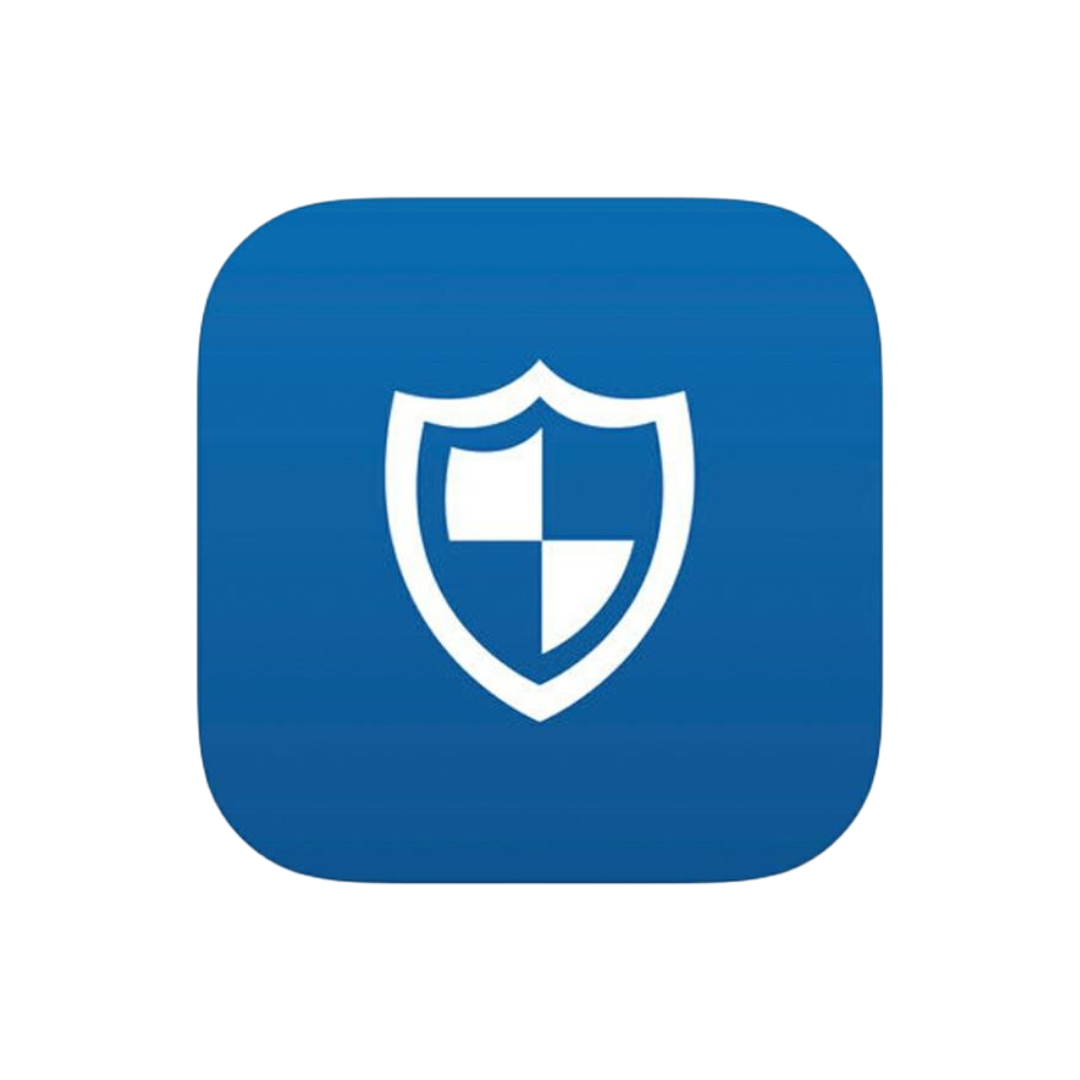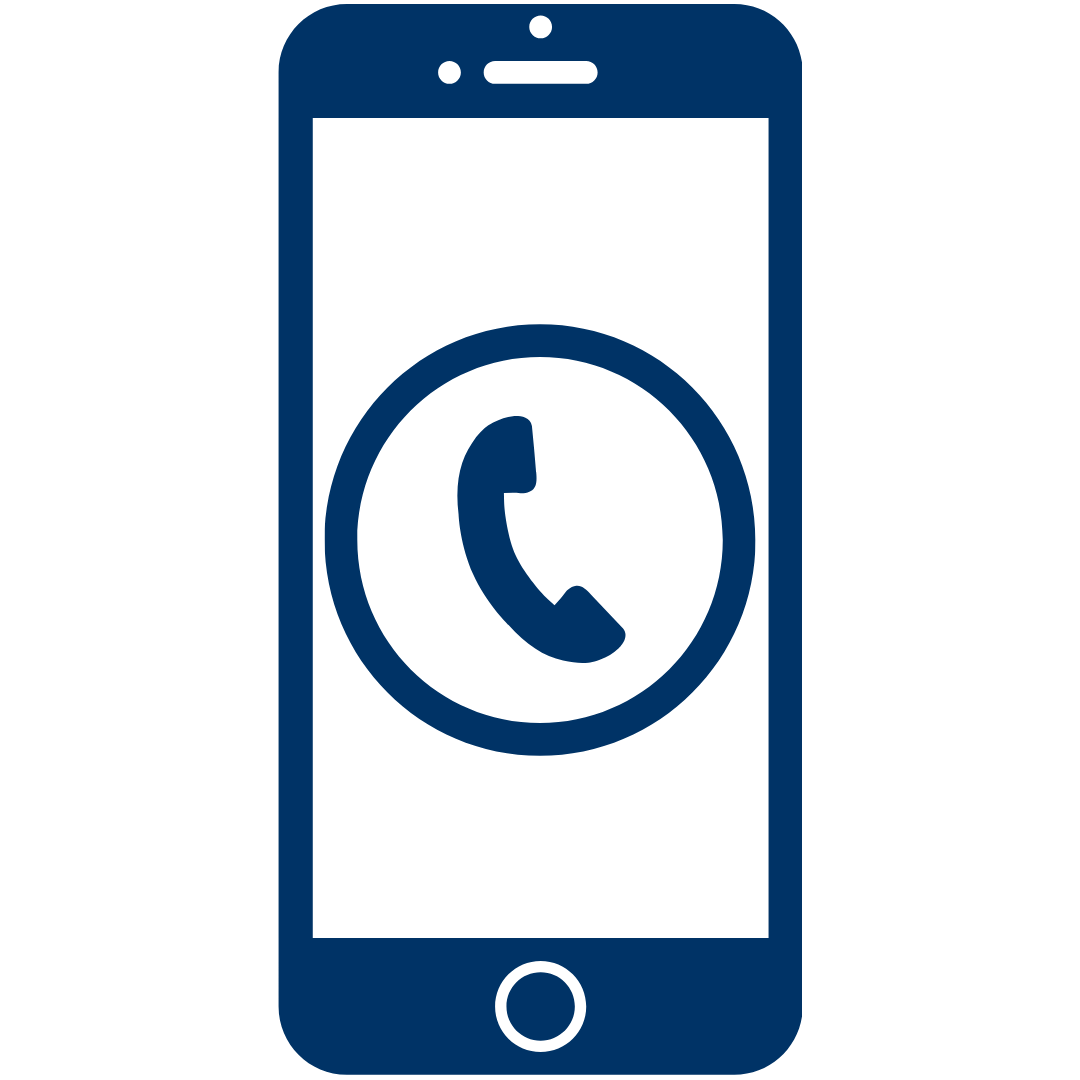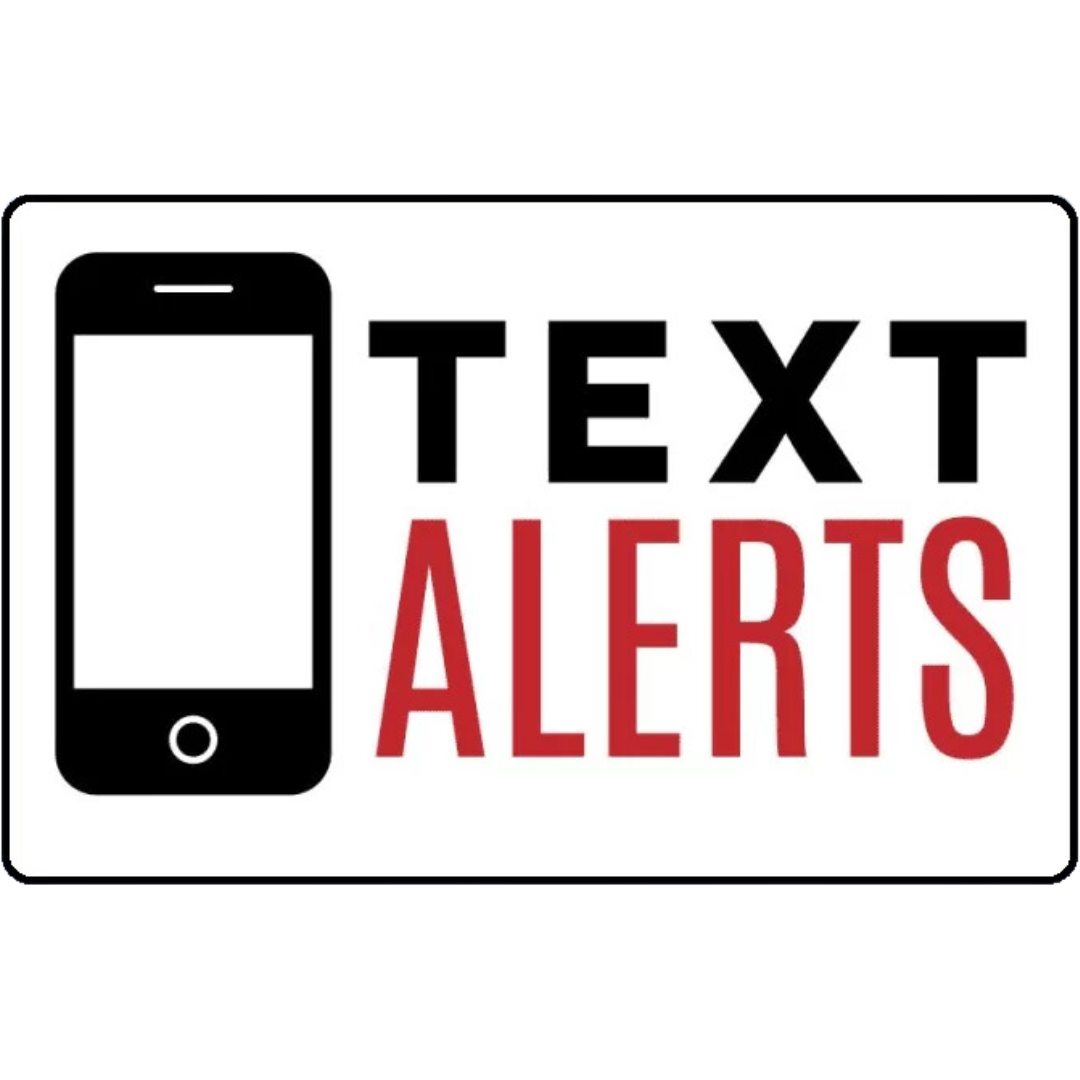According to our 2023-2024 Pontchartrain Halls Resident Handbook:
"University officials regularly monitor weather conditions. During hurricane season (July- November), university officials monitor and track hurricanes, tropical storms and tropical depressions for potential to impact our university community. As per university hurricane protocol, students are notified of university preparations for a storm which may potentially impact our community via the following means: University of New Orleans Email, Text Alerts and the university website. Safety protocols during a hurricane or tropical storm may vary depending on the strength and path of the storm. Use the guides below to prepare as appropriate.
IN THE EVENT OF A CAMPUS EVACUATION:
Update your evacuation plan with the Office of Residential Life.
If your plan is to evacuate with the university:
- Begin to gather your items and communicate with friends and family about your plans and intended departure timeline.
If evacuating with friends/ family:
- Consider your evacuation route (state contraflow protocols may impact your route).
- Fill your vehicle with gas and get cash in case ATMs and gas stations are inaccessible.
- Students with approved Emotional Support Animals are encouraged to review their ESA Guidelines to assist with their Evacuation plans.
Students Evacuating with UNO are encouraged to pack:
- 2-3 changes of clothing and shoes
- Pillow/ Blanket/ Sleeping Pad as sleeping accommodations will likely be a gym floor or cot. Toiletries
- Needed medications/ medical supplies
- Student ID, Driver’s License/ Identification, Insurance Card, Health Insurance Information Charged Cell Phone, Charger and Portable battery pack if possible
- Snacks (granola, power bars, peanut butter, etc). Food service will be provided at shelter location, however students may want to have their own snack options available.
- Radio/ Book/ Entertainment for the ride and shelter.
BEFORE EVACUATION:
Remove All items from your window and floor area. Ensure your window is locked and blinds are lowered. Store your valuables out of view and in your locked bedroom. Unplug any items not in use and power down electronics. Throw away any food which will spoil in 2-4 days. Ensure your bike is locked to a bicycle rack and your vehicle is properly parked and locked. Ensure you have your keys and ID with you and all doors lock behind you.
IN THE EVENT OF A SHELTER IN PLACE SITUATION:
Gather Any Needed Items and prepare your room for your "shelter in place" plans. Remove All items from your window and floor area. Ensure your window is locked and blinds are lowered.
Suggested Items Needed Include:
- Snacks (Limited dining services will be provided during the weather event, typically through your hall's lobby or market, however, some students may prefer their own snacks).
- Flashlight (Never use candles or flame light in the Residence Halls).
- Drinking Water for at least 1-2 days. Needed medicine/ medical supplies.
- Fully Charged Cell Phone/ back-up portable battery.
IN THE EVENT OF A CAMPUS EVACUATION:
Update your evacuation plan with the Office of Residential Life.
If your plan is to evacuate with the university:
- Ensure important numbers are programmed in your phone (Your Hall front desk and UNOPD).
Remember all Office of Residential Life policies remain in effect in your halls including alcohol, noise and illegal substance policies. Students are encouraged to remain in doors during heavy rain and wind.
Report all accidents, injuries, broken windows, or excessive water to the Office of Residential Life staff. Staff will be conducting rounds of the halls and staffing front desks."



 Be sure to program your hall's front desk phone number and UNOPD's phone number (504) 280-6666 in your contacts.
Be sure to program your hall's front desk phone number and UNOPD's phone number (504) 280-6666 in your contacts.  Register your phone for UNO Text Alerts.
Register your phone for UNO Text Alerts.